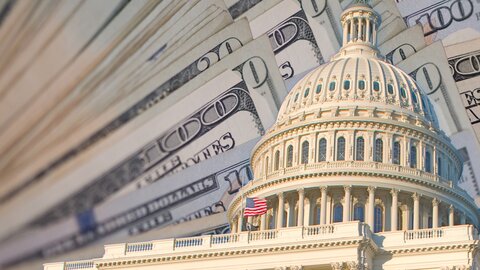
Another Negative of Occupational Licenses
Jeffrey Miron and Jacob Winter
Occupational licensing — for doctors, lawyers, plumbers, barbers, and innumerable other trades — claims to improve service quality. Much evidence contradicts this claim. And even if licenses sometimes improve quality, they reduce the supply of services and therefore raise prices.
Recent research (Cato Research Brief no. 378) identifies another negative of licensing: reducing earnings in other occupations. The analysis “finds that a 10 percentage point increase in the share of licensed workers … is associated with earnings that are 1.6–2.3 percent lower for all occupations [with similar skills]. These negative effects are stronger for female, non‐Hispanic black, and foreign‐born Hispanic workers.”
The explanation is that licensing makes it harder for workers to change occupations. “For example, consider a worker who can choose to work as a waiter or a barber. If being a barber requires a license (and being a waiter does not), then restaurants may be able to pay waiters less without concern they will quit to become a barber.”
In addition to these negatives, research (Cato Research Brief no. 356) finds that licenses make it more difficult for consumers to find needed service providers.
What’s the solution? Elimination of licenses. Short of elimination, states should recognize licenses issued by other states. Research (Cato Research Brief no. 357) suggests this would increase “employment of licensed occupations without sacrificing service quality.”



